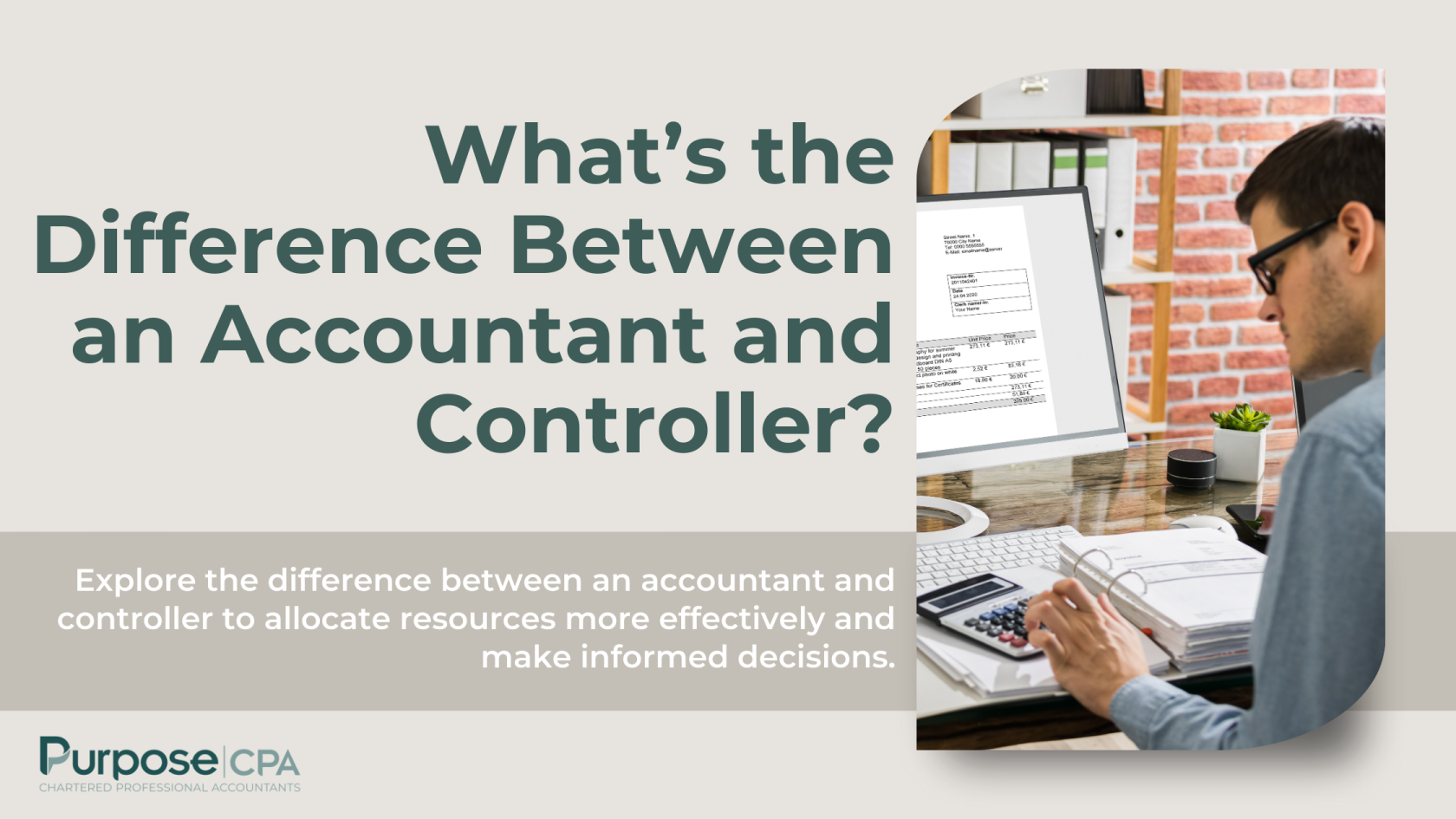Understanding the roles of financial professionals within a company is crucial for efficient business management. Let’s explore the difference between an accountant and a controller to help you allocate resources more effectively and make informed decisions.
Who is it for?
- Small businesses
- Entrepreneurs
- Startup founders
- Corporate executives
Keep reading if you are…
- Interested in learning more about financial roles within a company
- Seeking clarity on the specific responsibilities of accountants vs. controllers
- Planning to establish or refine your company’s financial department
Why does this matter to me? The financial health of your business depends significantly on how well your financial transactions and strategies are managed. Knowing whether you need an accountant, a controller, or both can lead to better financial oversight and success.
TLDR:
Accountants handle day-to-day financial operations, ensuring accuracy and compliance in records and tax preparations. Controllers oversee broader financial strategies, guiding major business decisions and financial policies. Understanding these roles helps in structuring your financial management team effectively.
What is the Difference between an Accountant and Controller?
An accountant and a controller are both financial professionals, but they have different roles and responsibilities within a company.
- An accountant is responsible for maintaining and analyzing the financial records of a company. They may prepare financial statements, handle payroll, and assist with tax preparation. They also often responsible for ensuring that the financial records are accurate and comply with the applicable accounting standards.
- A controller, on the other hand, is responsible for the overall financial management of a company. They typically have more experience and a higher level of education than an accountant. They may also be responsible for developing and implementing financial policies and procedures, as well as analyzing and interpreting financial data. The controller may also provide financial guidance to senior management and the board of directors.
In short, an accountant focuses on the day-to-day financial operations of a company, while a controller is responsible for overall financial strategy and decision making.
Additionally, the title of an accountant and controller may also vary depending on the size of the company, and in smaller companies, the duties of an accountant and controller may be combined into one role.
As your business grows, so does the complexity of your financial needs. Whether you’re considering hiring an accountant or a controller, or simply need more information on managing your business finances, we’re here to help. Reach out to us to ensure your financial operations support your business goals and help you thrive in your industry.




